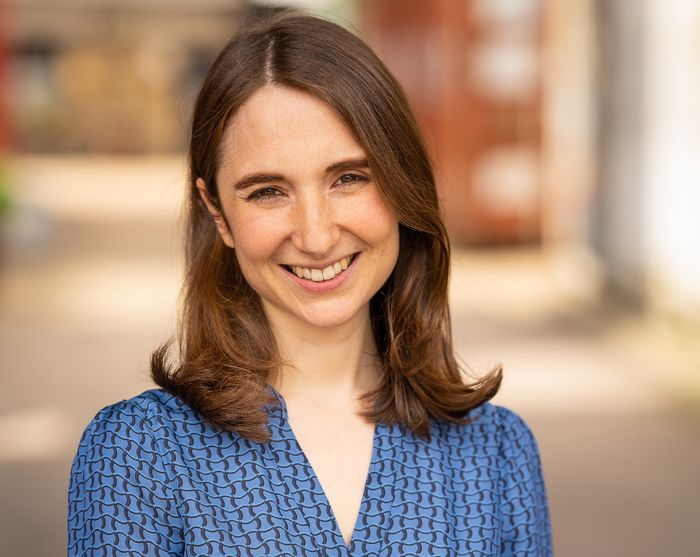Why we should be reading more fiction
Hannah Gillott argues that fictional worlds expand our perception of reality, and discusses the narratives that have informed her own life mottos

I recently sat down to reread my favourite book, a copy I haven’t touched since I was 14. Something shocked me. The novel is so dog-eared that, until I turned over a particularly fall-aparty page, I forgot that I had annotated it. That wasn’t the surprising part (I am, unfortunately, one of those annoying people who likes to quote things at you if you get me drunk or sad enough). No, the shocking part was I realised that a piece of advice I had been passing off as my own was actually not mine, but John Steinbeck’s.
If you are my friend and have ever been through a bad breakup, lost someone you loved, or even had an awful supo, and I ever told you to “act out being alive like you’re in a play,” I actually didn’t invent that. Sorry. Turns out it’s something Sam Hamilton says to Adam Trask when his wife shoots him in the shoulder and runs off to be a prostitute in Salinas. I also apologise for lumping you in the same advice-shaped boat as a man stupid enough to marry a sociopath.
“Reading fiction isn’t just self-affirming. There is no better way to truly understand the other”
That’s not the only advice I’ve plagiarised – and Steinbeck is not my only victim. In The Heart is a Lonely Hunter, Carson McCullers writes: “The closest thing to being cared for is to care for someone else”. It’s a heart wrenching reminder that to love is as important as to be loved – and in some ways, the same thing. It’s also worth reciting under your breath while holding back a friend’s hair as they throw up into a bin after a night out.
But I like to think I haven’t just bastardised authors’ life’s works into glib little comments. I like to think fiction is a little more than that.
I first read The Heart is a Lonely Hunter when I was about 14. Unsurprisingly, like all other 14 year old girls who are now humanities students on sertraline, I didn’t enjoy being 14. Also, like all other 14 year old girls who are now humanities students on sertraline, I thought I was unique. Reading McCullers’ description of a teenage girl in 1930s America, I felt strangely heard. Mick, like me, wanted and wanted and wanted, “but just what this real want was she did not know”. We were almost 100 years and an ocean apart, but Mick got me. She was also a character in a novel, and I was a real girl - but let’s not get caught up in the details.
“Narratives are everywhere – in art, in theatre, in journalism, and, as much as we like to think otherwise, in non-fiction”
Reading fiction isn’t just self-affirming. There is no better way to truly understand the other. It’s also a good reminder that not everything you do and consume needs to serve your own self actualisation – unlike many non-fiction books on the market. Reading novels by authors with different backgrounds to your own, centring characters diverse in age, race, gender, and sexuality, gives you a window into a world you would never experience otherwise. Fiction, at its essence, is a condensation of the human experience, offering you a chance to step into a world outside your own. In fact, studies have shown that the more avid a reader you are, the more empathetic you are likely to be.
I’m not saying non-fiction is useless, or that it isn’t enjoyable to read. But just because it does a better job of the facts (sometimes), it doesn’t mean it does a better job of the truth, as Doris Lessing put it. I have even – controversially – read novels for my History degree.
Narratives are everywhere – in art, in theatre, in journalism, and, as much as we like to think otherwise, in non-fiction. So why not skip the pretence and go straight for the real deal? I reckon you could learn a lot more from a novel than from anything Malcolm Gladwell has ever written. And you know what, you might even enjoy it, too.
 News / Cambridge academics stand out in King’s 2026 Honours List2 January 2026
News / Cambridge academics stand out in King’s 2026 Honours List2 January 2026 Interviews / You don’t need to peak at Cambridge, says Robin Harding31 December 2025
Interviews / You don’t need to peak at Cambridge, says Robin Harding31 December 2025 Comment / What happened to men at Cambridge?31 December 2025
Comment / What happened to men at Cambridge?31 December 2025 News / Varsity’s biggest stories of 202531 December 2025
News / Varsity’s biggest stories of 202531 December 2025 Features / “It’s a momentary expression of rage”: reforming democracy from Cambridge4 January 2026
Features / “It’s a momentary expression of rage”: reforming democracy from Cambridge4 January 2026










